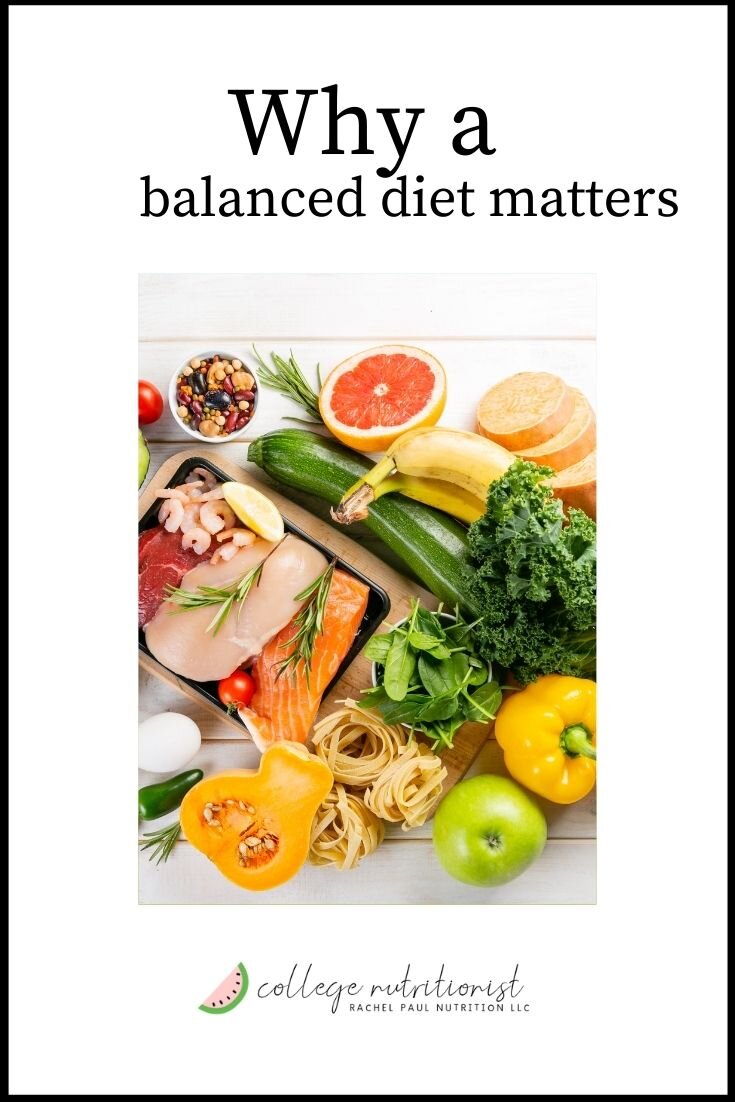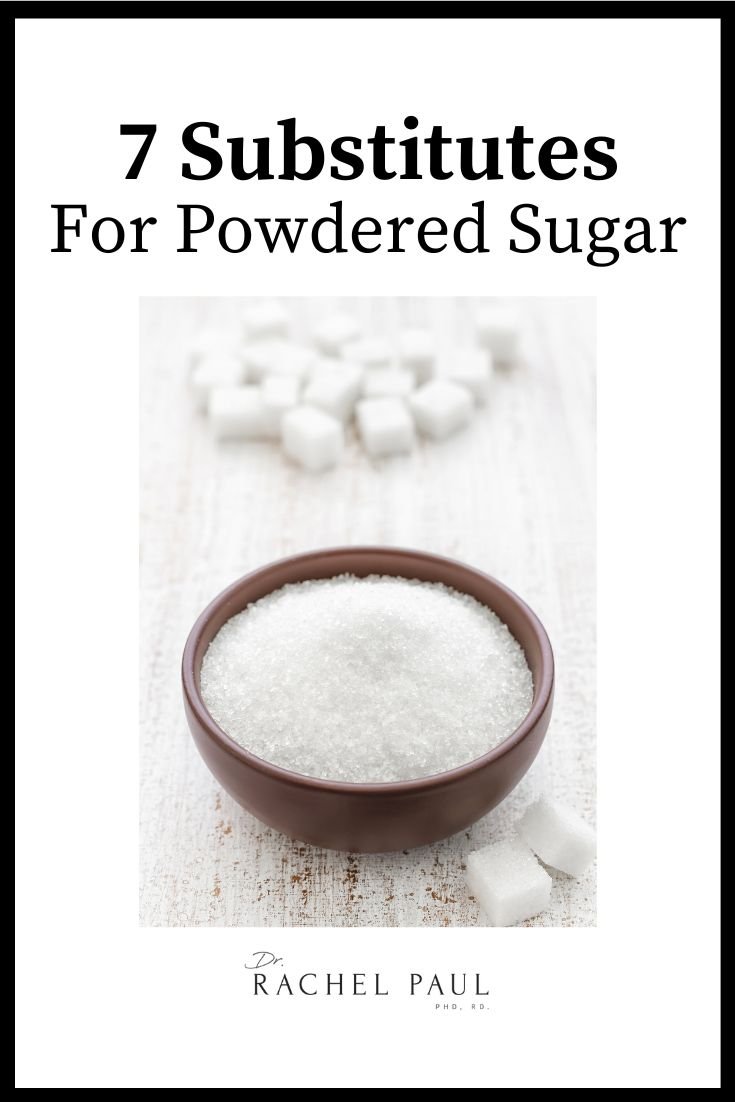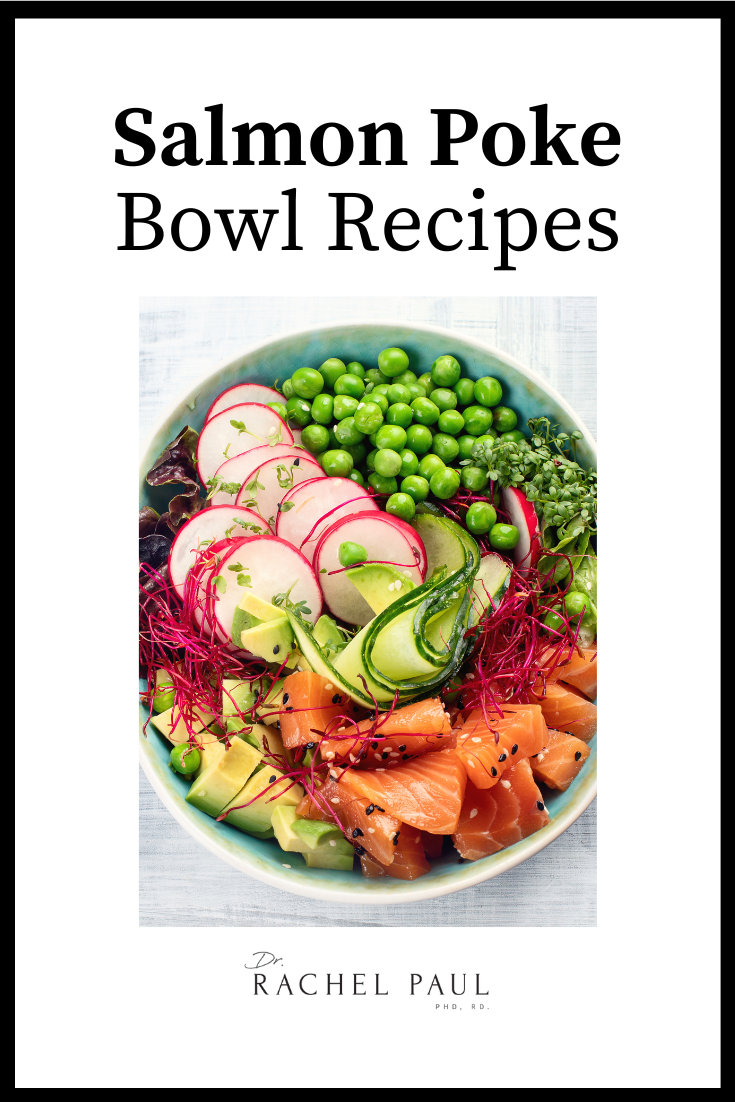A balanced diet is designed to give you everything you need to do. By consuming a variety of foods, you get enough macronutrients, vitamins, and minerals. By eating a healthy balanced diet, as a result you should also maintain a healthy weight, have a healthy diet (make smarter food choices by eating healthy food), sleep well, have lots of energy and not be hungry all the time. If you don’t feel like this, your diet may not be balanced.
So how do you know if you’re getting enough or the right amounts of macronutrients, vitamins, or minerals? Well, keeping a food diary is one way. Rather than just noting calories, you want to look at things like the proportion of your diet that comes from fat, protein, and carbohydrates. Some general guidance would be for a standard diet to have 25% of your calories coming from carbohydrates, 25% from protein, and 50% from fat. For a vegetarian diet, you would look at 40%, 20% and 40% as most vegetarian proteins also contain a level of carbohydrates that meat proteins don’t.
How you feel every day is affected by your overall diet, so healthy eating can have an outsized effect on your day-to-day life. In the United States, the standard diet includes many processed foods, which makes it harder to lose weight and have a healthy diet, so learning how to eat differently can take some time. Below are some tips to get you started.
Why A Balanced Diet Matters
MENTAL HEALTH
Recently studies have realized that the microbiome that exists in your gut (the bacteria) acts as a second brain and that this can link to mental health disorders. This means what you’re eating has a direct impact on your mood as well as your mental health. So, making good food choices by eating healthy food will not only help you lose weight and be healthier, it will help with your mental health as well.
PREVENT DISEASES
By ensuring you have the right vitamins and minerals in your system, your immune system will be better able to fight off diseases and repair injuries. Nutritional deficiencies in energy, protein, and micronutrients subject people to being prone to disease infection like type 2 diabetes, high blood pressure, and even cancer. The risk of colorectal cancer is also associated with eating red and processed meats. Do you remember that chicken soup your mom used to give you when you were sick? That was filled with just the things to help your body gain the energy it needed to fight off a cold. That’s the point of a healthy diet.
REDUCE BLOOD PRESSURE
By dropping the saturated fat and cholesterol from your diet and upping the number of whole grains, fruits, vegetables, and low-fat dairy products, your diet includes you can lower your blood pressure. So, a healthy diet can help with a variety of things!
HOW TO HAVE A BALANCED DIET
DRINKING ENOUGH WATER
Chances are, you’re not drinking enough water. Thirst is often mistaken for hunger, so by making sure that those hunger pangs aren’t actually just your body crying out for a drink, you can ensure you’re not eating when you don’t actually need to.
GETTING ENOUGH FIBER
A lot of people think about if they’re getting enough protein, but few stop to consider if their diet includes enough dietary fiber. Yes, it helps you stay regular, but did you know it also helps you maintain a healthy weight and lower your risk of developing diabetes, heart disease, and even some types of cancer? But how much do you need? Women under 50 need about 25 grams per day, so keep track for a few days and see how much you’re consuming to see if you need to put emphasis on upping your intake. It’s not enough to just eat healthy food – you need to keep in mind if you’re eating enough of everything that your body needs!
GET ENOUGH FATTY ACIDS
Make sure you’re getting enough fatty acids by consuming food groups such as fish, other seafood, nuts, seeds, and plant-based oils to have an adequate supply. Your body can not produce fatty acids (like omega-3 fatty acids) itself; you must make sure you are getting them from your diet like from oily fish. Foods like nuts, seeds, and olive oils also contain the healthy, unsaturated fat our bodies need to help improve blood cholesterol levels, ease inflammation, stabilize heart rhythms, and play a number of other beneficial roles that overall lower the risk of heart disease.
FIVE A DAY
One of the simplest things that you can do is to ensure you eat a diet rich in fruits and vegetables. Eating a variety of non-starchy veggies (this means slow down on the potatoes), in a variety of colors means you’ll be eating a great variety of vitamins and minerals, which could help you maintain good health and better manage your weight so you can achieve weight loss.
LIMIT CAFFEINE
Yes, it might make you feel energized, but caffeine might be masking your tiredness, hunger, or disrupting your sleep. Also, if you’re drinking coffee filled with milk, syrups, and sugar you’re getting a lot of other unhealthy things in your drink. Stick to no more than two, non-sweetened coffees a day if you can. A healthy diet isn’t only about healthy food – it’s about healthy drinks as well. If you’d like to cut your coffee with milk, opting for a low fat milk will give you fewer calories for a healthier weight and also contain more calcium and less saturated fat for a healthier heart.







